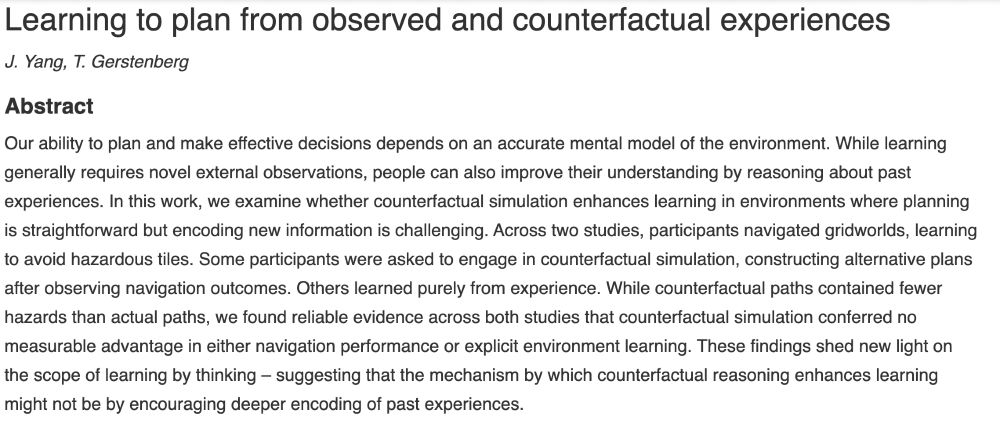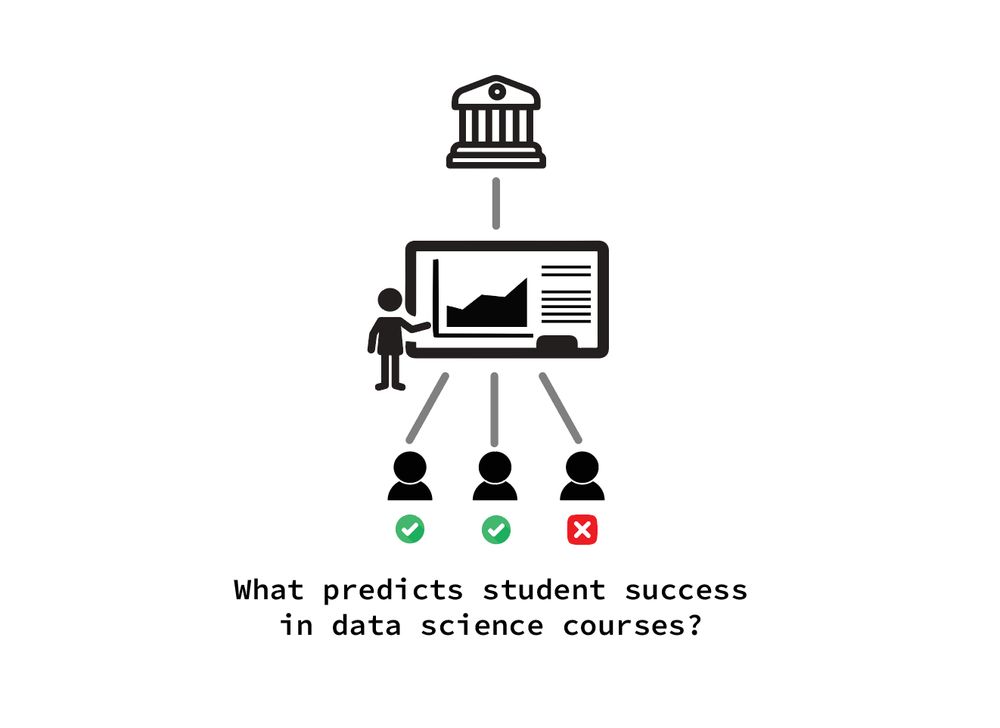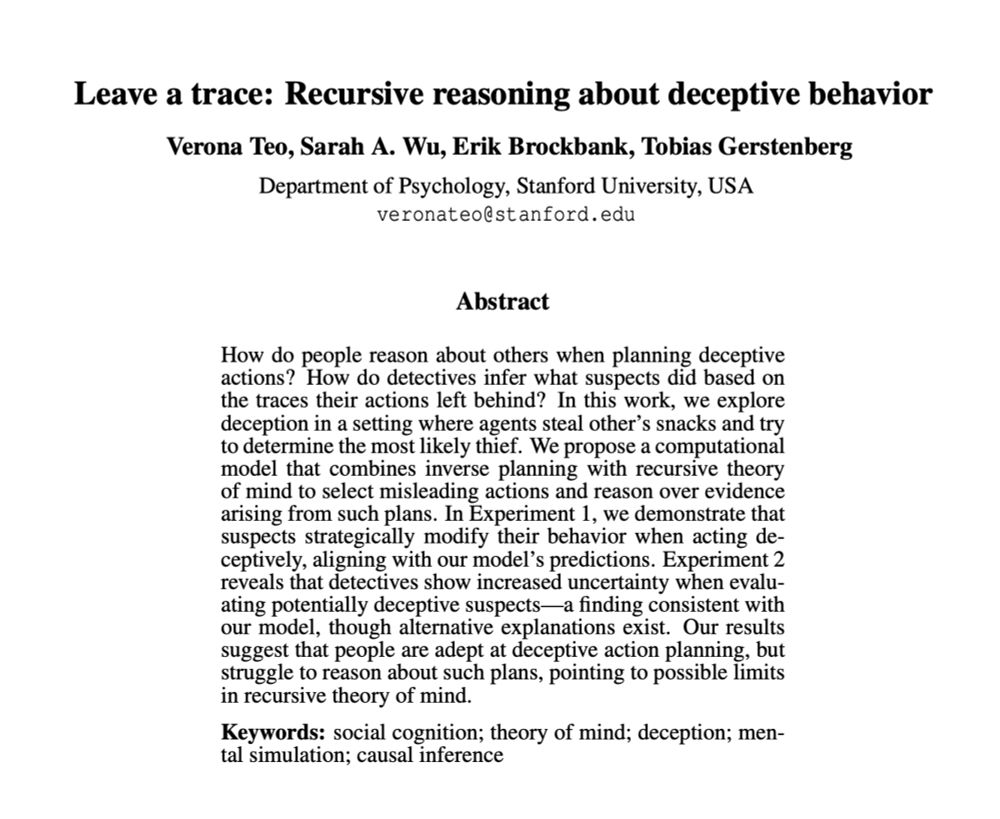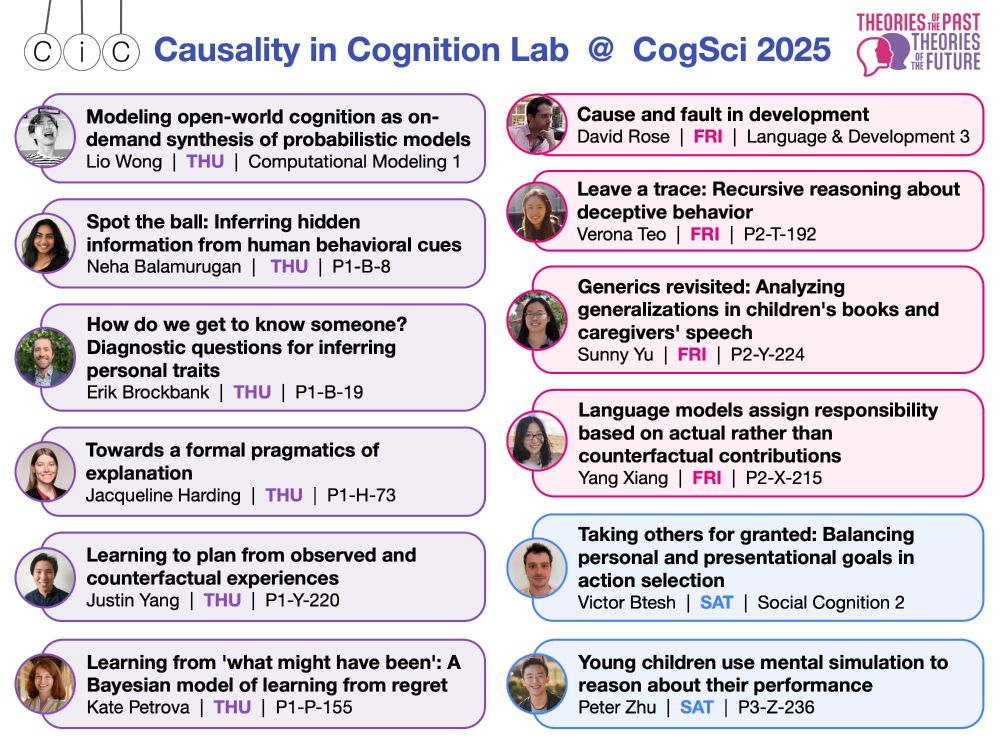
Learning usually occurs when we encounter new data. But we also have the capacity to reflect on our past experiences. What can we learn from simulating past experience?
📃 cicl.stanford.edu/papers/yang2...
1/
New work at @cogscisociety.bsky.social w/ @erikbrockbank.bsky.social @shawnschwartz.bsky.social, C.Bryan, D.Yeager, C.Dweck & @judithfan.bsky.social
poster 8/1 @ 10:30
tinyurl.com/solds-cogsci25

New work at @cogscisociety.bsky.social w/ @erikbrockbank.bsky.social @shawnschwartz.bsky.social, C.Bryan, D.Yeager, C.Dweck & @judithfan.bsky.social
poster 8/1 @ 10:30
tinyurl.com/solds-cogsci25
Excited to share new results investigating these and other “deep questions” with @tobigerstenberg.bsky.social @judithfan.bsky.social & @rdhawkins.bsky.social
Preprint: tinyurl.com/bdfx5smk
Code: tinyurl.com/3v6pws4s

Excited to share new results investigating these and other “deep questions” with @tobigerstenberg.bsky.social @judithfan.bsky.social & @rdhawkins.bsky.social
Preprint: tinyurl.com/bdfx5smk
Code: tinyurl.com/3v6pws4s
Learning usually occurs when we encounter new data. But we also have the capacity to reflect on our past experiences. What can we learn from simulating past experience?
📃 cicl.stanford.edu/papers/yang2...
1/

Learning usually occurs when we encounter new data. But we also have the capacity to reflect on our past experiences. What can we learn from simulating past experience?
📃 cicl.stanford.edu/papers/yang2...
1/
We explore how people plan deceptive actions, and how detectives try to see through the ruse and infer what really happened based on the traces left behind. 🕵️♀️
Paper: osf.io/preprints/osf/vqgz5_v1
Code: github.com/cicl-stanford/recursive_deception
1/

We explore how people plan deceptive actions, and how detectives try to see through the ruse and infer what really happened based on the traces left behind. 🕵️♀️
Paper: osf.io/preprints/osf/vqgz5_v1
Code: github.com/cicl-stanford/recursive_deception
1/


📝 preprint: osf.io/preprints/ps...
💻 code: github.com/cogtoolslab/...
📝 preprint: osf.io/preprints/ps...
💻 code: github.com/cogtoolslab/...

